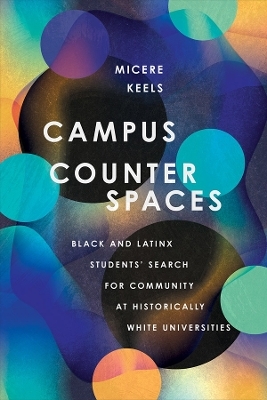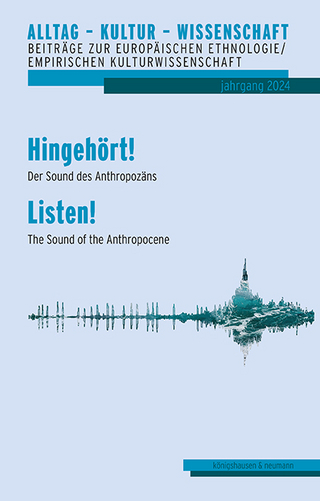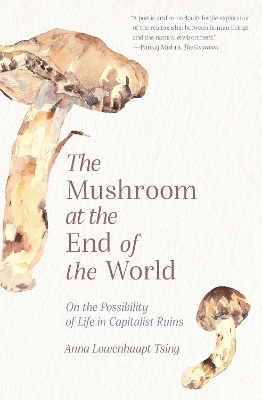
Campus Counterspaces
Cornell University Press (Verlag)
978-1-5017-4688-8 (ISBN)
Frustrated with the flood of news articles and opinion pieces that were skeptical of minority students' "imagined" campus microaggressions, Micere Keels, a professor of comparative human development, set out to provide a detailed account of how racial-ethnic identity structures Black and Latinx students' college transition experiences.
Tracking a cohort of more than five hundred Black and Latinx students since they enrolled at five historically white colleges and universities in the fall of 2013 Campus Counterspaces finds that these students were not asking to be protected from new ideas. Instead, they relished exposure to new ideas, wanted to be intellectually challenged, and wanted to grow. However, Keels argues, they were asking for access to counterspaces—safe spaces that enable radical growth. They wanted counterspaces where they could go beyond basic conversations about whether racism and discrimination still exist. They wanted time in counterspaces with likeminded others where they could simultaneously validate and challenge stereotypical representations of their marginalized identities and develop new counter narratives of those identities.
In this critique of how universities have responded to the challenges these students face, Keels offers a way forward that goes beyond making diversity statements to taking diversity actions.
Micere Keels is Associate Professor in Comparative Human Development at the University of Chicago. She is also the founding director of the Trauma Responsive Educational Practices project.
Introduction: It Doesn't Have to Be Race-Ethnicity to Be about Race-Ethnicity
1. Outlining the Problem
2. The Impossibility of a Color-Blind Identity: Shifting Social Identities from the Margin to the Center of Our Understanding of How Historically Marginalized Students Experience Campus Life
3. An Ambivalent Embrace: How Financially Distressed Students Make Sense of the Cost of College —With Resney Gugwor
4. Strategic Disengagement: Preserving One's Academic Identity by Disengaging from Campus Life —With Ja'Dell Davis
5. Power in the Midst of Powerlessness: Scholar-Activist Identity amid Racially and Ethnically Motivated Violence—With Elan Hope
6. Importance of a Critical Mass: Experiencing One's Differences as Valued Diversity Rather Than a Marginalized Threat—With Carly Offidani-Bertrand
7. Finding One's People and One's Self on Campus: The Role of Extracurricular Organizations —With Gabriel Velez
8. Split between School, Home, Work, and More: Commuting as a Status and a Way of Being —With Hilary Tackie and Elan Hope
9. Out of Thin Air: When One's Academic Identity Is Not Simply an Extension of One's Family Identity —With Emily Lyons
10. A Guiding Hand: Advising That Connects with Students' Culturally Situated Motivational Orientations toward College—With Tasneem Mandviwala
11. (Dis)integration: Facilitating Integration by Carefully Attending to Difference
| Erscheinungsdatum | 03.12.2019 |
|---|---|
| Zusatzinfo | 1 Charts |
| Verlagsort | Ithaca |
| Sprache | englisch |
| Maße | 152 x 229 mm |
| Gewicht | 907 g |
| Themenwelt | Sozialwissenschaften ► Ethnologie |
| Sozialwissenschaften ► Soziologie | |
| ISBN-10 | 1-5017-4688-X / 150174688X |
| ISBN-13 | 978-1-5017-4688-8 / 9781501746888 |
| Zustand | Neuware |
| Haben Sie eine Frage zum Produkt? |
aus dem Bereich


